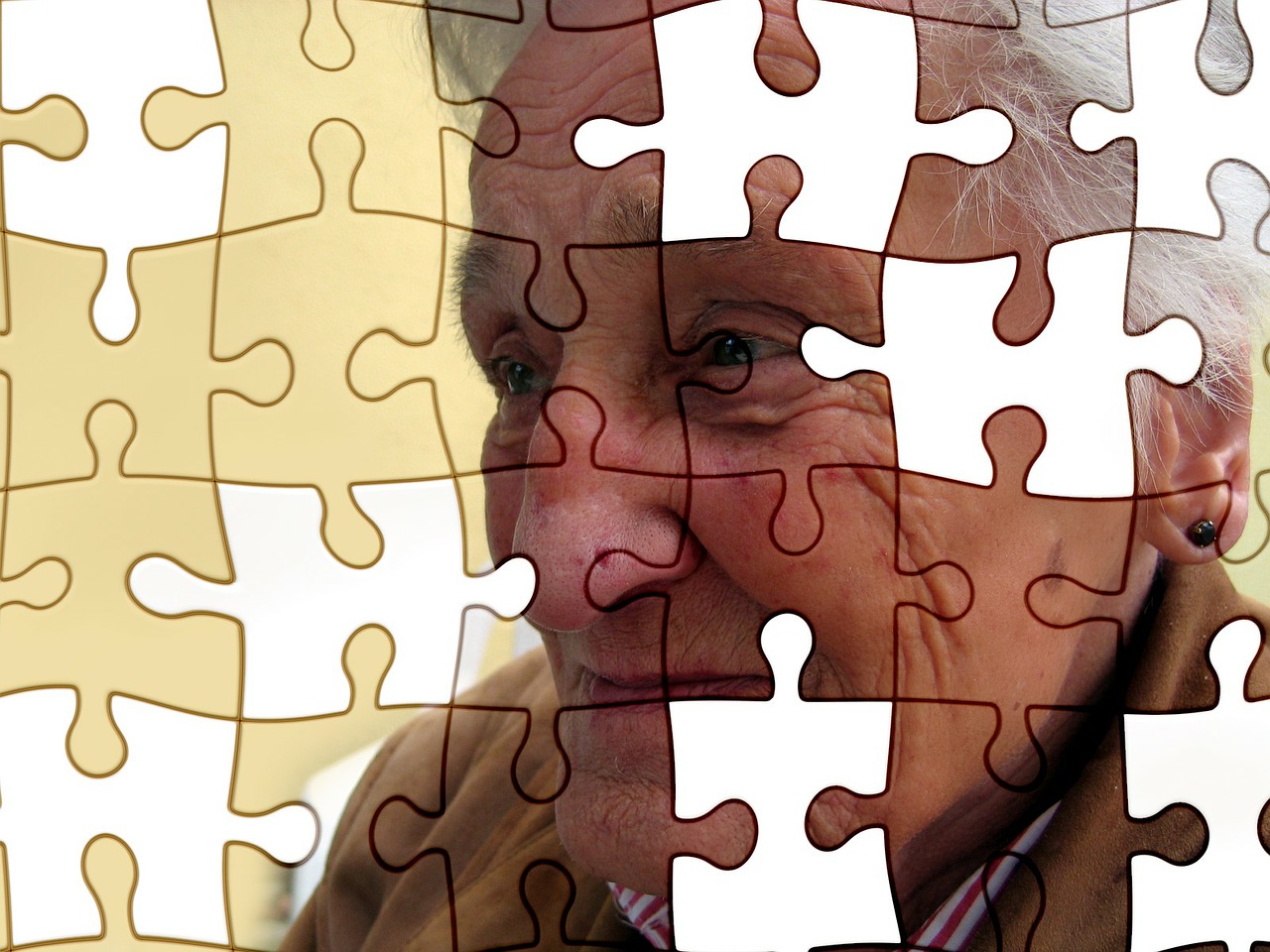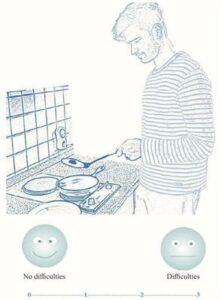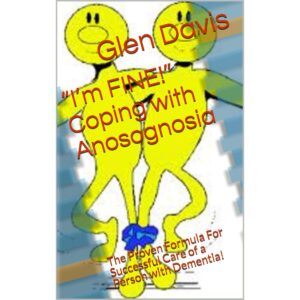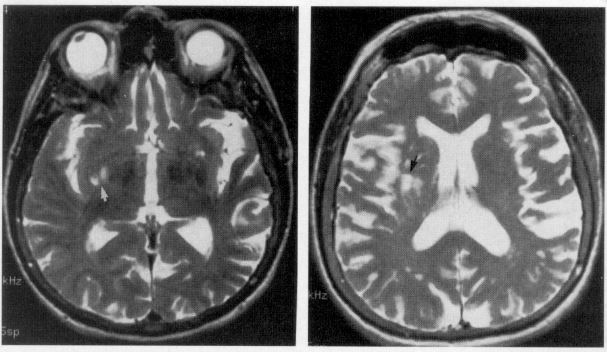The word anosognosia is derived from the Greek words “anos,” meaning “without” and “gnosis,” meaning knowledge. Anosognosia, in its simplest form, is a condition in which someone cannot recognize that they have a disability.
This article will discuss what anosognosia is and how it affects people with different types of cognitive impairments, possible causes for this disorder, coping strategies to help those who suffer from anosognosia cope better with their symptoms.
We will also mention the name of therapies that may be effective when treating this disorder. And finally, make some concluding remarks about whether there are any treatments available for anosognosia that seem to be particularly effective.
Contents
What Is Anosognosia?

It is a cognitive disorder that causes a person to be unaware of their disability. This can include people who have paralysis, movement problems, blindness, and other conditions where the brain has been damaged in some way.
An antagonistic individual will often deny having any sort of condition or being sick at all even when presented with clear evidence to the contrary. This lack of insight can be frustrating for both the individual and their loved ones as it makes treating the condition much more difficult.
Largely, it can be general anosognosia, where the person does not believe they are sick at all. Or hemispatial neglect, which is when someone has brain damage on one side and isn’t aware of it.
What Causes Anosognosia?
There is no one cause of anosognosia, but it is most commonly linked to brain damage caused by a stroke, head injury, brain tumor, Alzheimer’s disease, or other neurological disorders.
Types of Anosognosia
Two Main Types (Based on denial)
The two main types are general anosognosia and hemispatial neglect.
General anosognosia is when someone denies any sort of illness at all even if they have one.
Hemispatial neglect involves a person having brain damage to one side of the brain and not being aware that their memories or senses are impaired on that side.
Note: Consequences for this sort of disorder, especially if it is left untreated, can lead to increased irritability and even anger toward loved ones who may try to help them recognize what’s happening around them.
Three Recognised Types (Based on diagnosis)

Three types of anosognosia can be sensory, motor, or cognitive anosognosia.
Sensory Anosognosia
When someone has this type of denial it is because they are unaware that there is a problem with their senses. They may claim to not be able to hear others even though they have obvious hearing loss or insist on wearing sunglasses when it is clear that their eyesight has been damaged by the sun.
Motor Anosognosia
This form of anosognosia occurs after a person sustains brain damage, but still believes they are capable of moving normally even though they have become paralyzed or are experiencing other movement issues.
Cognitive Anosognosia
Those with this form of anosognosia often know that something is wrong, but they subconsciously refuse to admit it. They may insist on being admitted into a hospital for psychiatric reasons. When in fact there has been brain damage from another condition. Or, they simply believe themselves capable of completing tasks. Even though their mind is no longer functioning properly.
Symptoms Of Anosognia

A person with anosognosia may have difficulty recognizing their disability, or even that they are sick. They may not be able to understand or accept the diagnosis.
They may also experience changes in their personality, such as becoming more hostile or antagonistic toward loved ones who are trying to help them recover. This is especially common in patients who have had a stroke or other brain damage.
They can also display other symptoms such as depression, anger issues, hallucinations, and delusions. People with anosognosia can also show signs of anxiety.
Long Term Effects of Anosognosia
If the person with anosognosia does not receive treatment for their condition it can lead to depression. It will eventually result in making him resistant to traditional therapies or personality changes. They become more antagonistic and even hostile toward loved ones who are trying to help them recover. This form is especially common in patients who have had a stroke or other brain damage.
Coping Strategies for Anosognosia
Those with anosognosia should seek professional help as soon as possible to ensure that they are receiving the best treatment options available. If you know someone who may be suffering from this form of denial it can be helpful to keep communication open and provide support as they work through their condition.
Psychotherapists on Anosognosia
There is still much unknown about anosognosia. But psychotherapists are beginning to better understand how to help people suffering from anosognosia. Treatment options may include cognitive-behavioral therapy (CBT), psychodynamic therapy, and pharmacological treatment.
Treatment Options for Anosognosia

There are many treatment options for anosognosia. But it can be difficult to treat the disorder itself since the person is unaware that they have a problem.
Cognitive-Behavioral Therapy (CBT) is one of the most effective methods available today. Other options include psychodynamic therapy and pharmacological treatments.
It is important to seek help from a professional as soon as possible. If you or someone you know is displaying any of the symptoms, do not sit back. Early treatment offers the best chance for a full recovery.
Therapies for Anosognia
The most effective therapy for anosognosia is Cognitive Behavioral Therapy (CBT) which treats the person as a whole and works on both the symptoms of this condition as well as how they think about their illness.
Some forms of therapy like prolonged exposure and acceptance commitment therapy (ACT) may help people who experience sensory or cognitive denial overcome their issues with awareness by helping them understand that they are not to blame for their condition.
Conclusion
Anosognosia is a serious condition that can have long-term effects if left untreated. However, there are many treatment options available today which offer the best chance of a full recovery. Those who are dealing with this form of denial should seek help from a professional as soon as possible. As it will ensure the best chance at recovery and quality of life.
If you are looking for affordable Online Counseling MantraCare can help: Book a trial therapy session


